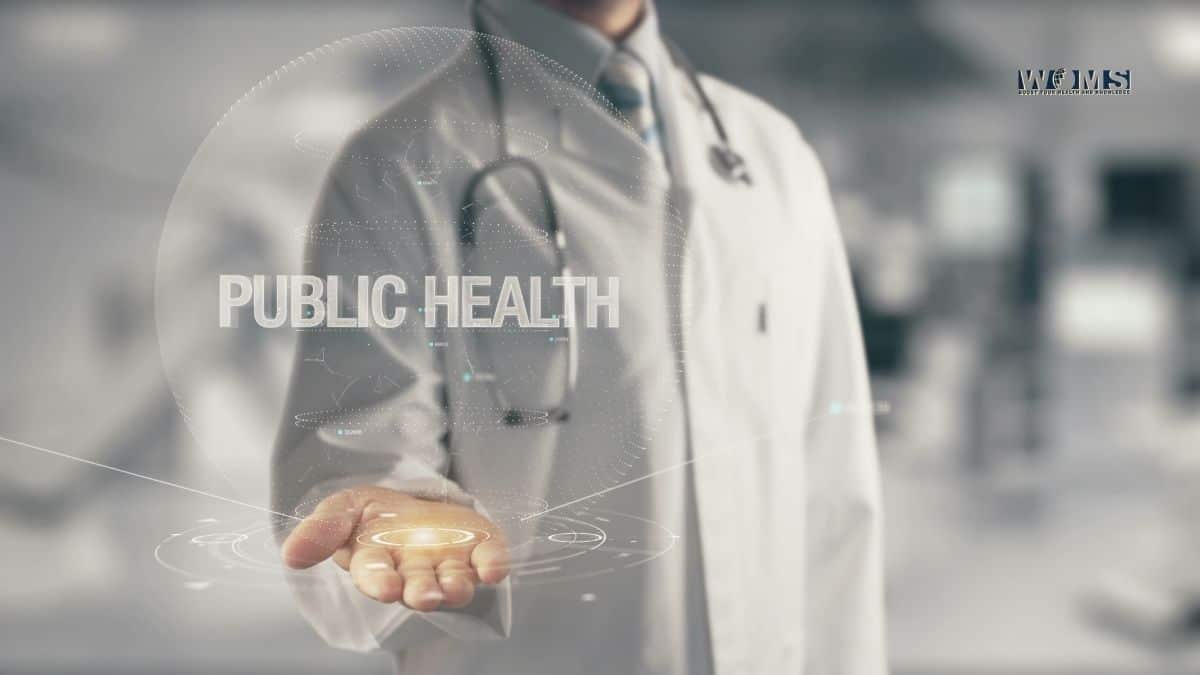Contributing to Public Health This Winter

With the COVID-19 pandemic entering its third year and cases of the novel coronavirus on the rise throughout the U.S., public health has become more important than ever. To call COVID a public health crisis would be an understatement. With over 800,000 American lives lost throughout the course of this pandemic, it’s no exaggeration to describe the novel coronavirus as one of the biggest public health emergencies of our time. Anyone looking to do their part for public health as we enter another COVID-impacted winter season should consider the following measures.
Assist Immunocompromised Friends and Relatives
While the COVID-19 pandemic has been difficult for all of us, it’s been particularly hard on people with compromised immune systems. Although compromised immunity is commonly associated with advanced age, it’s an issue that people of all ages struggle with. Given the highly infectious nature of the novel coronavirus and its many variants, immunocompromised individuals have found themselves in an increasingly perilous situation.
Fortunately, you can help lessen their burden by actively assisting immunocompromised friends and relatives throughout this trying time. For example, if venturing out in public is a risky venture for any of your loved ones, offer to run certain errands for them. Furthermore, if you have any elderly relatives who are unfamiliar with modern technology, teaching them how to grocery shop and have prescriptions filled remotely can significantly reduce the number of risks they take day-to-day.
You can also help immunocompromised individuals by donating blood and contributing to other charitable endeavors. Fortunately, there’s no shortage of ways to donate blood or help the less fortunate in your community.
Educate Vaccine-Hesitant Loved Ones
Despite having the most abundant vaccine supplies in the world, the U.S. is home to millions of people who refuse to get vaccinated against the novel coronavirus. In some cases, vaccine hesitancy is tied to a general distrust of vaccination. Other times, it’s the result of listening to bad-faith public figures and media personalities. However, regardless of why someone is experiencing vaccine hesitancy, it’s important that they come to realize how important vaccination is to public health.
Unless someone is suffering from a medical condition that prohibits them from getting their vaccine, there’s no reason for them to be walking around unvaccinated at this point. Since a single unvaccinated individual can kick off multiple infection clusters, you should attempt to educate vaccine-hesitant friends and family members. When doing so, try to maintain a sense of calm and take care to acknowledge any concerns they may have. At the same time, make a point of correcting any mistaken or outright ridiculous viewpoints they share regarding vaccine efficacy. You should also consider directing them to a doctor or medical professional in whom they have great trust.
Keep in mind that some people simply cannot be convinced to do the right thing. So, if certain friends or family members absolutely refuse to get vaccinated no matter what information they’re presented with, you’d do well to limit direct contact with them. They may be unwilling to act in the interest of public health, but by avoiding in-person contact with them, you’ll be doing your part to curb the spread.
Continue Taking Common-Sense Precautions
As much as we’d all like to put the COVID-19 pandemic behind us, it’s not yet safe to do so. Although many states and private businesses have relaxed masking and social distancing rules – or done away with them altogether – you should continue to take common-sense precautions. Masking up in public and social distancing are still important, especially with the highly infectious Omicron variant sweeping the country and unvaccinated individuals walking around maskless.
Common-sense precautions also include avoiding large gatherings (especially if masks aren’t required) and in-person contact with unvaccinated individuals. Even if assorted friends and relatives are acting like the novel coronavirus is no longer a threat, you shouldn’t allow yourself to be swayed – regardless of how badly you’d like this to be the case.
At this point, it can’t be denied that the COVID-19 pandemic represents a full-blown threat to public health. With new variants on the rise and a sizable segment of the population refusing to get vaccinated, this threat is liable to continue into the foreseeable future. So, in the interest of keeping ourselves, our loved ones, and our communities safe, all of us should act in ways that contribute to the betterment of public health.




